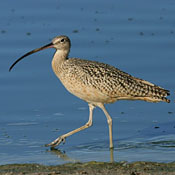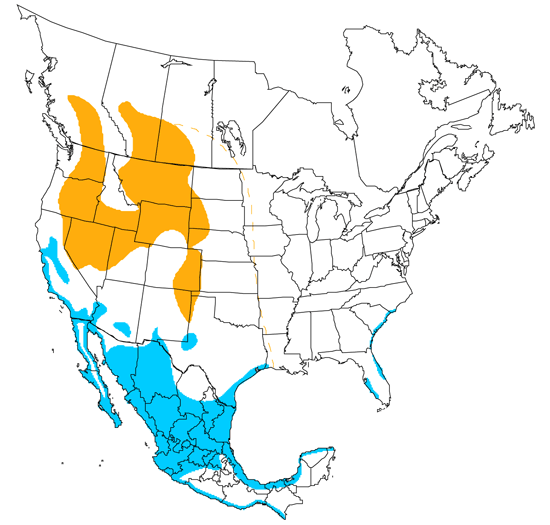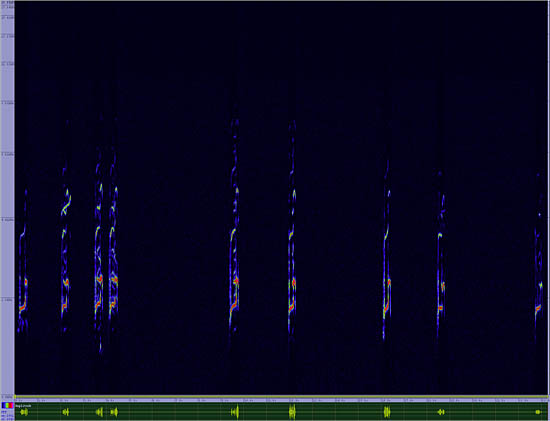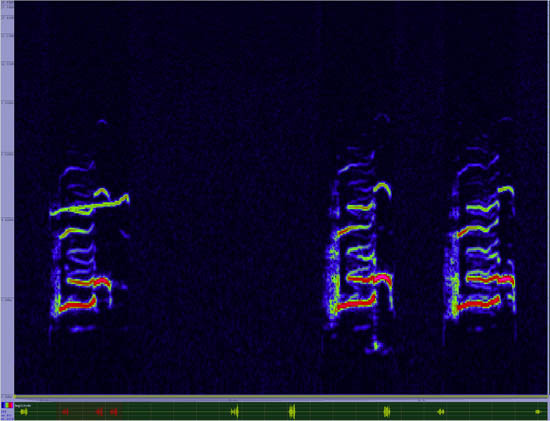Long-billed Curlew
Numenius americanus

Long Legged Waders
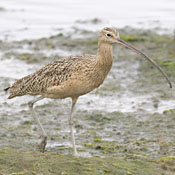
Length: 23 in. (58 cm )
This large shorebird forms small flocks in the winter and occurs in grassy meadows, flooded fields, mud flats and pond edges. They use their long bills to probe into soft mud for crustaceans, molluscs and insects, but in upland areas they use it to catch insects, frogs, eggs, nestling birds, and occasionally berries. During the summer they move to dry upland prairies and grassland areas, and the nest of grass and dirt is placed on the ground in a low area or on the slope of a hill.
The four-digit banding code is LBCU.
Bibliographic details:
- Article: Long-billed Curlew
- Author(s): Dr. Biology
- Publisher: Arizona State University School of Life Sciences Ask A Biologist
- Site name: ASU - Ask A Biologist
- Date published:
- Date accessed:
- Link: https://askabiologist.asu.edu/activities/bird/long-billed-curlew
APA Style
Dr. Biology. (). Long-billed Curlew. ASU - Ask A Biologist. Retrieved from https://askabiologist.asu.edu/activities/bird/long-billed-curlew
Chicago Manual of Style
Dr. Biology. "Long-billed Curlew". ASU - Ask A Biologist. . https://askabiologist.asu.edu/activities/bird/long-billed-curlew
Dr. Biology. "Long-billed Curlew". ASU - Ask A Biologist. . ASU - Ask A Biologist, Web. https://askabiologist.asu.edu/activities/bird/long-billed-curlew
MLA 2017 Style
Be Part of
Ask A Biologist
By volunteering, or simply sending us feedback on the site. Scientists, teachers, writers, illustrators, and translators are all important to the program. If you are interested in helping with the website we have a Volunteers page to get the process started.

